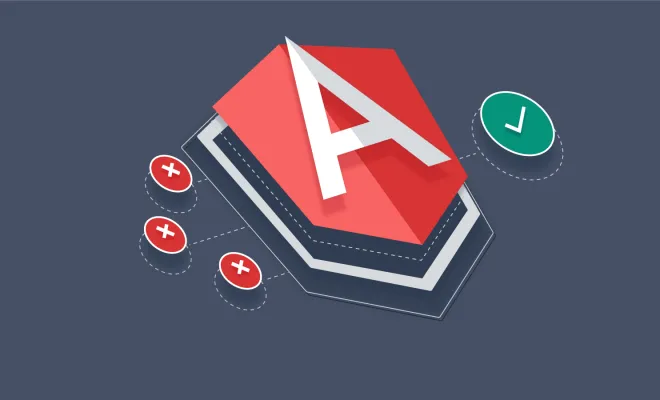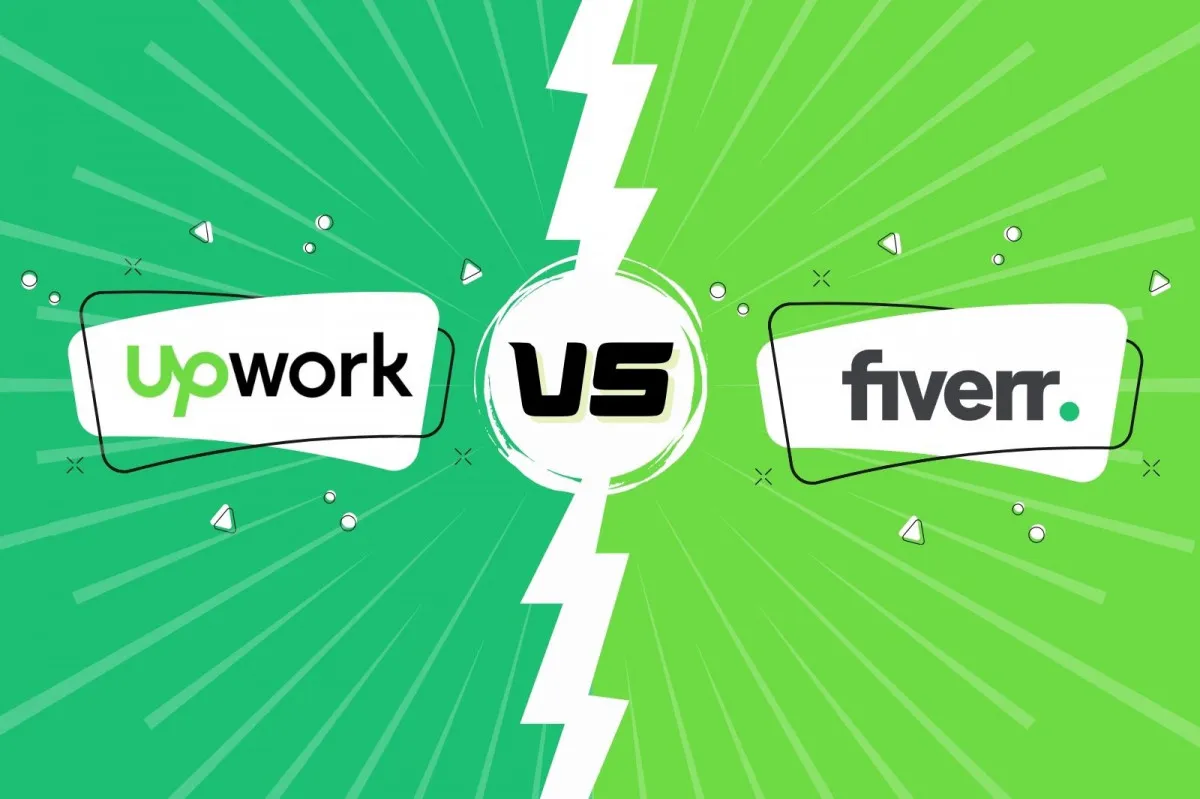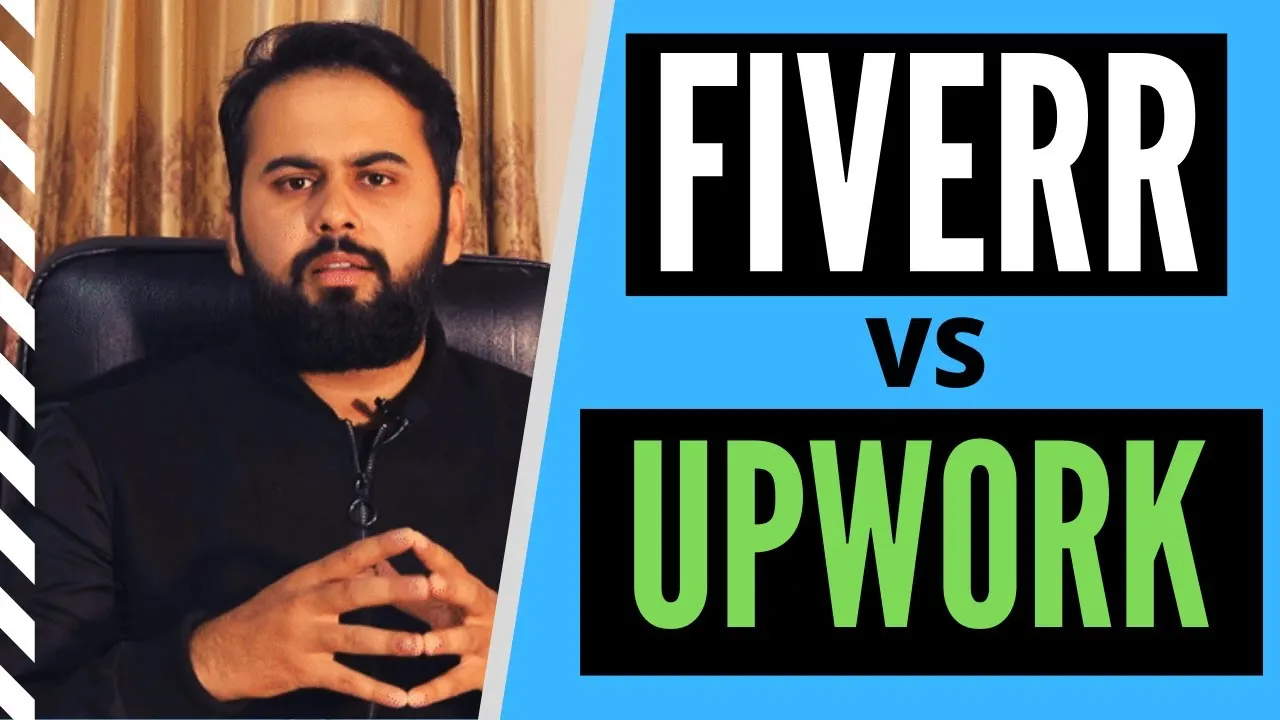In the world of freelancing, two platforms often steal the spotlight: Upwork and Fiverr. While both offer unique services to connect freelancers with clients, they cater to different needs and preferences. This blog post will explore why Upwork may be the more advantageous option for freelancers and clients alike. From project scope to payment structures, we'll delve into the key differences that set these platforms apart and help you make informed decisions.
Understanding the Platforms

Before we dive into the specifics, let’s get a handle on what each platform offers. Upwork and Fiverr operate on distinct models that can significantly influence your experience as a freelancer or a client. Here’s a closer look:
- Upwork: This platform functions as a marketplace for a wide range of freelance services. It allows clients to post job listings, and freelancers can then submit proposals detailing their skills and pricing. Jobs can be hourly or fixed-price, giving flexibility to both parties.
- Fiverr: On the other hand, Fiverr operates primarily on a gig-based system. Freelancers create predefined services or “gigs” that clients can choose from based on their needs. Prices typically start at $5, but can vary greatly depending on the complexity of the service.
Now, let’s break down some characteristics of each platform:
| Feature | Upwork | Fiverr |
|---|---|---|
| Project Type | Customizable via job listings | Predefined services (gigs) |
| Payment Structure | Hourly or fixed-rate | Fixed-price per gig |
| Client Interaction | Proposals and negotiation | Direct gig selection |
| Freelancer Roles | Wide variety of roles | Primarily creative and digital services |
Understanding these fundamental differences establishes a foundation for comparing the strengths and weaknesses of these platforms. While Fiverr may appeal to those seeking quick and straightforward transactions, Upwork tends to favor a more professional atmosphere where comprehensive projects can flourish.
Also Read This: How to Get People to Buy Your Gigs on Fiverr
Key Differences Between Upwork and Fiverr

When it comes to finding freelance talent, both Upwork and Fiverr have made quite a name for themselves in the gig economy. However, they operate under different models that cater to different needs. Here are some key differences:
- Business Model: Upwork is a platform designed primarily for professionals looking for long-term projects or ongoing work. Freelancers can pitch their services, while clients post jobs. Fiverr, on the other hand, operates on a fixed price model where freelancers list specific services, called "gigs," starting at $5.
- Project Scope: With Upwork, you’re likely to find larger, more complex projects that may take weeks or even months to complete. Fiverr is great for quick tasks and smaller gigs that can be done in a few hours or days.
- Pricing Structure: On Upwork, pricing is more flexible. Freelancers can set their rates, which can range from a few dollars to hundreds of dollars per hour based on their expertise. Fiverr tends to have a cap on how low prices can go, but freelancers can offer add-ons to increase profitability.
- Client Interaction: Upwork encourages a direct communication channel between clients and freelancers, allowing for detailed discussions about project requirements. Fiverr tends to have less interactive communication pre-purchase but provides some messaging options after a gig is ordered.
- Value Proposition: Upwork focuses on building long-term relationships, while Fiverr is geared towards quick, transactional interactions. So, if you're looking for a strategic partnership, Upwork may be your best bet.
Also Read This: How to Make Your Gig Popular on Fiverr
Quality of Work and Talent Pool

One of the most significant aspects when comparing Upwork and Fiverr is the quality of work and the talent pool available on each platform. Here’s how they stack up:
| Platform | Quality of Work | Talent Pool |
|---|---|---|
| Upwork | Typically high, with freelancers often holding degrees or professional certifications. | Extensive, with over 12 million freelancers and a wide range of skills. |
| Fiverr | Varies widely; while many gigs are excellent, they can also be hit or miss. | Broad, but the focus is more on smaller tasks rather than specialized expertise. |
The quality of work on Upwork tends to be higher due to its vetting process. Freelancers often have detailed profiles showcasing their skills, portfolios, and verifiable job history. In contrast, while you can find high-quality talent on Fiverr, the sheer volume of services means that there’s a risk of encountering less experienced freelancers offering lower-quality work.
Ultimately, if you're seeking specialized talent for an intricate project, Upwork’s depth and expertise may be your best option. On the other hand, for smaller, more straightforward tasks, Fiverr could provide a quicker, though sometimes inconsistent, solution.
Also Read This: How to Post a Gig on Fiverr: A Step-by-Step Guide
5. Cost and Pricing Models
When it comes to choosing between Upwork and Fiverr, the cost and pricing models can significantly impact your decision. Both platforms offer freelance services, but their pricing structures differ quite a bit.
Upwork typically operates on a more flexible pricing model that caters to various project types and budgets. Freelancers on Upwork can set their hourly rates or offer fixed prices for projects. This flexibility allows clients to choose based on their specific needs and budget constraints. For instance:
- Hourly rates can range anywhere from $10 to over $150, depending on the freelancer's expertise and experience.
- Fixed-price projects can be negotiated, giving clients the chance to find something that fits within their budget.
On the other hand, Fiverr uses a different approach by starting with a baseline of $5 for services, which can be appealing for clients on a tight budget. However, upselling is common here, meaning you might end up paying more for additional features or higher-quality work.
Moreover, Fiverr’s pricing can lead to misunderstandings about the quality of service received for the price. With Upwork, clients often have clearer expectations as they’re likely investing more for experienced professionals.
In summary, if your project has a specific budget and you want to ensure you get a quality option, Upwork's more tailored pricing structure might serve you better. Meanwhile, if you're looking for quick, inexpensive gigs, Fiverr could be an alternative, but it may come with some hidden costs.
Also Read This: How to Register and Become a Certified Freelancer
6. User Experience and Interface
The user experience and interface of a platform can greatly influence how easily clients and freelancers can navigate their work. In this regard, there's a distinct difference between Upwork and Fiverr that merits a discussion.
Upwork boasts a professional and intuitive interface designed with both clients and freelancers in mind. Its dashboard allows users to:
- Quickly manage projects and proposals
- Track time for hourly contracts
- Communicate efficiently with team members via built-in messaging
The layout is relatively straightforward, and users can find what they need without excessive scrolling or searching. The platform also offers powerful filtering options to help clients find the right freelancers based on skills, ratings, and availability.
On the flip side, Fiverr has a more whimsical and vibrant interface that appeals to a wide range of users. It’s great for discovery, thanks to its unique approach of categorizing services based on “gigs.” Clients can:
- Explore creative services through appealing visuals
- Find gigs based on various factors like popularity and price
However, the abundance of choices can sometimes feel overwhelming. Users may struggle to sift through the options to find freelancers who deliver quality work, leading to potential frustration.
In conclusion, if you prefer a polished and straightforward project management experience, Upwork may be your go-to. However, if you're after a fun and engaging way to browse services, Fiverr may catch your eye — but bear in mind it could come with a steeper learning curve.
Also Read This: How to Get Clients on Fiverr: 2020 Guide
7. Support and Dispute Resolution
When working on freelance platforms, one of the most critical aspects to consider is the support system and dispute resolution process. Upwork shines in this area, offering a robust framework that ensures both freelancers and clients have avenues for addressing issues that may arise during a project.
One of the standout features of Upwork is its dedicated customer support team. Users can reach out through various channels, including:
- Email support
- Live chat
- Comprehensive help center with articles and FAQs
This means that if you encounter a problem, whether it's a technical glitch or a communication issue with a client, help is readily available. With Fiverr, while support is also present, many users report longer response times and less personalized assistance.
Now, let’s talk about dispute resolution. Upwork has a clear process for handling disagreements. If there's a conflict regarding payment or deliverables:
- First, users are encouraged to communicate directly to resolve issues amicably.
- If that doesn’t work, Upwork steps in to mediate.
- In cases that escalate, Upwork offers an official dispute resolution process where both parties can present their case to Upwork’s team.
This structured approach often leads to fairer outcomes and less stress for both clients and freelancers. Fiverr, on the other hand, can sometimes lack this level of thoroughness, which might leave users feeling unsupported when a project goes awry.
8. Conclusion: Choosing the Right Platform for Your Needs
Deciding between Upwork and Fiverr can be a challenge since both platforms cater to different audiences and project types. However, the advantages of Upwork often make it the superior choice for many freelancers and clients alike.
Consider these factors when making your choice:
| Factor | Upwork | Fiverr |
|---|---|---|
| Project Types | Variety (long-term or short-term) | Mostly short, fixed-price gigs |
| Client-Freelancer Interaction | More personalized and negotiable | Less direct communication |
| Support & Dispute Resolution | Comprehensive and responsive | Less structured and slower |
If you’re looking for flexibility, long-term projects, or a strong support system, Upwork is likely your best bet. On the other hand, Fiverr may suit those who prefer quicker, fixed-price tasks with less negotiation. Ultimately, the choice boils down to understanding your specific needs as a freelancer or client and selecting the platform that aligns best with those goals.



